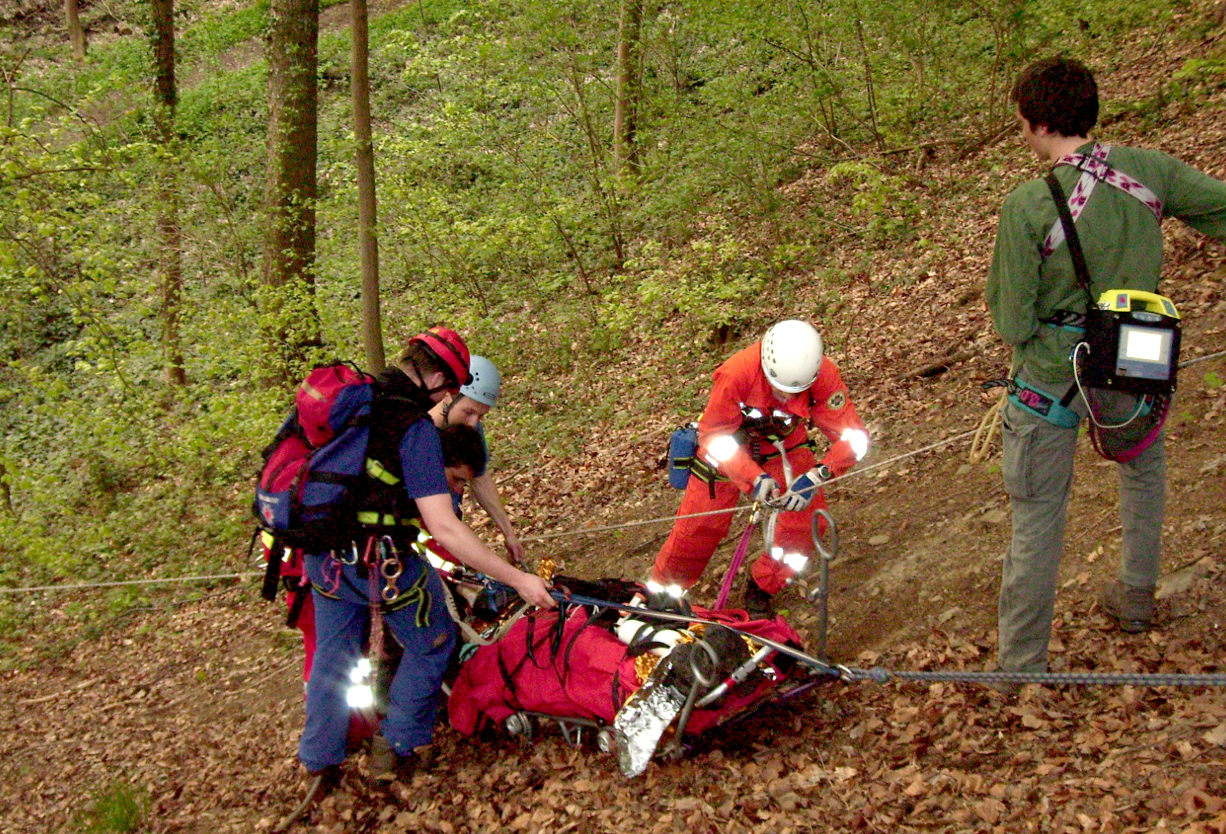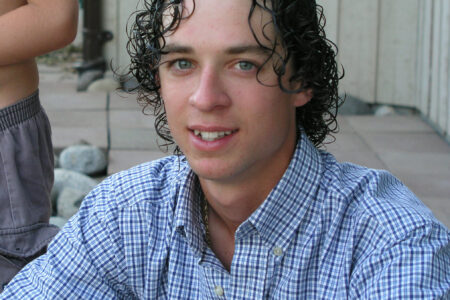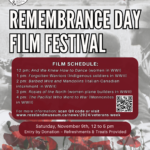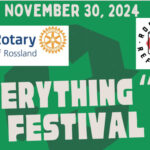Search and rescue seeks fee-for-service agreement with city; transient camps growing
The city could come to the rescue of Grand Forks Search and Rescue by entering into an annual fee-for-service agreement with the only search and rescue team in the Boundary.
Members of the Grand Forks Search and Rescue (GFSAR) appeared before council recently with the request for annual financial and in-kind contributions, including a $10,000 standing annual request for the services it provides.
GFSAR president Grant Burnard said the team of 20 members services the entire Boundary region — one of the biggest service areas in the province — with one of the smallest membership contingents.
And with an organization run entirely by volunteers and relying on grants, donations and task reimbursements to remain operational, its resources are strained, said GFSAR treasurer Andres Dean.
“So we are requesting a $10,000 fee-for-service for providing services in and around Grand Forks, as well as consideration of in-kind assistance from the city,” he said.
The GFSAR team members are unpaid professionals, on call 24 hours per day, 365 days a year, at no cost right now to the people of B.C. or the people who are rescued.
The team is trained in ground search and rescue, non-urban emergency care, tracking, helicopter operations and organized avalanche response.
“We focus on our training to keep our members skilled and prepared,” said Burnard.
The closest search-and-rescue teams are over 90 minutes away — in Castlegar, Rossland and Kelowna — so GFSAR is in need of recruiting new members beyond the 20 it now has, he added, and the GFSAR will need to train those new members to safely respond to in the terrain of urban, swiftwater and mountain and bush.
“As a result, GFSAR needs to acquire and maintain appropriate gear and equipment to safely and effectively respond to search-and-rescue callouts in the region,” said Burnard, adding that it comes at a cost.
Coun. Beverley Tripp said last year the province handed out $10 million to search-and-rescue teams. She wondered how much of that money the GFSAR received, and where it received its funding from?
Dean said among the 80 teams across the province, GFSAR operates in one of the largest geographical areas but they are one of the smaller teams in members. Provincial funds were distributed on the basis of membership.
“So we received $50,000 spread over two years from that money,” he said. “That money has also been a very large assistance to us.”
GFSAR receives annual donations from the regional district, B.C. Gaming and corporate donations where possible. B.C. Gaming funding, however, is contingent upon getting local funds from local government groups.
Butler asked if a fee-for-service agreement would need to be considered for GFSAR when budget deliberations began in fall.
“This would be something … council would be considering as far as budgeting goes,” replied city staff.
Burnard said the GFSAR plan is to recruit 10 new members this fall and have them trained by spring if the funding is approved.
The new funding would help them maintain gear and acquire what is further necessary to help in the coming rescues.
Dean said, if the agreement was approved, it would be billed quarterly and the GFSAR would report to city regularly on development and training.
Transient camps growing
Bylaw Services reported more transient camps in and around the city in the month of August than at any other time of the year.
In all, bylaw officers reported that there were 17 transient camps around the city, including 13 on Crown land down along the riverbank. That was up from the seven to 10 camps the city has had earlier in the year.
Bylaw Services reported it was preparing for the proposed bylaw allowing for the removal of camps on city parkland. Currently municipal tickets are the only option.

























